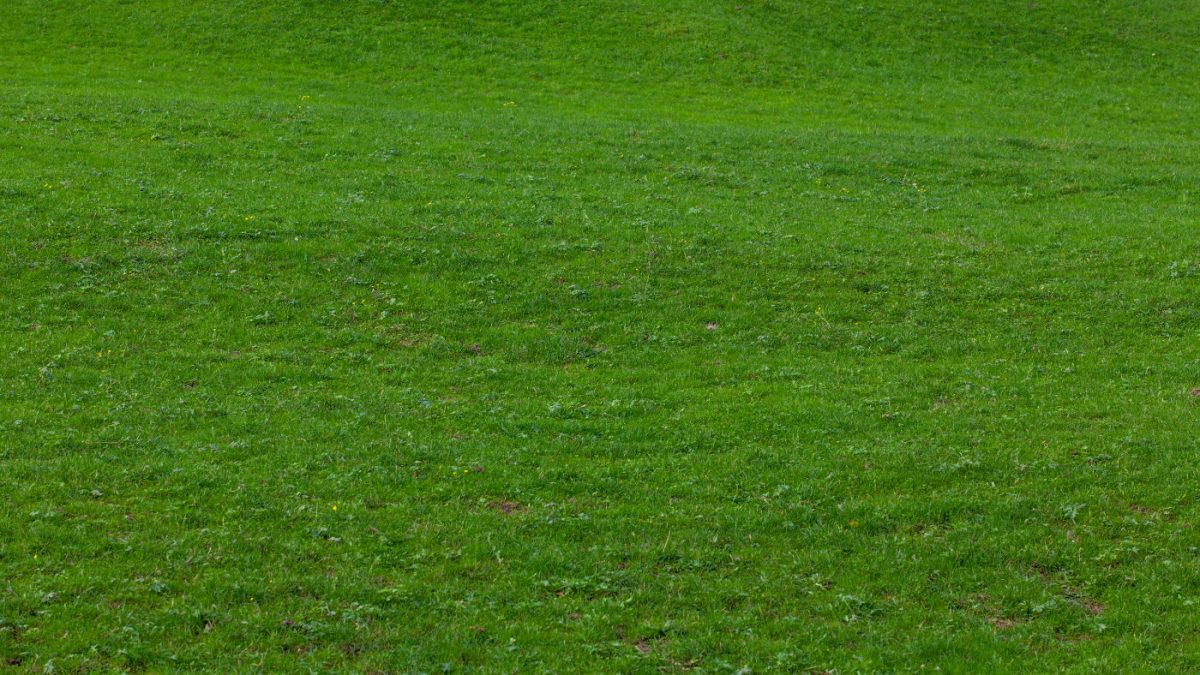Here are some January lawncare tips to help you through the “cold” winter. We have been through many freezes and cold snaps in Southwest Florida over the years, and we can help you care for your lawn and landscaping now that another cold front has moved in.
January Lawncare Tips For Your Lawn & Grass
Cold weather can take a toll on most grasses, making them appear wilted and discolored, but it should not cause permanent damage to your St. Augustine grass. Any crabgrass or Bermuda grass that was growing in your St. Augustine lawn is not likely to survive the freeze – this is a good thing, since they are difficult to eradicate from St. Augustine lawns.
With the unwanted grasses dead or stunted, your St. Augustine grass will be able to thrive and fill in those areas in your lawn. In areas where the crabgrass has died, but where the St. Augustine grass is scarce, you may want to re-sod to speed the recovery.
If your grass has been properly fertilized and cared for, it will be able to recover from the cold faster.
Trees, Shrubs & Landscaping
Many of the plants and trees that are suited to our sub-tropical climate are not cold tolerant, and they may not survive a severe freeze. These include hibiscus, ixora, alamanda, and bouganvilla. Tropical palms, flowering trees and fruit trees could be damaged as well.
When caring for your shrubs, we will begin by applying a high quality, slow-release granular fertilizer to your shrubs. This will begin gently feeding your plants, and help them to recover faster when warmer weather returns. If the foliage has frost damage, we will wait to apply insecticides until new growth is visible.
January Lawncare Tips For Pruning
If your plants appear to have damaged areas, it’s important to wait until the weather has warmed up again before you begin removing them. If you prune into the healthy portion of the plant, it will trigger new budding and growth that would then be very susceptible to another cold snap.
For those of us living in Southwest Florida, we are accustomed to all kinds of weather, ranging from heavy rainfall, to periods of drought, and extreme heat to extreme cold. We can help keep your yard healthy throughout the year.

